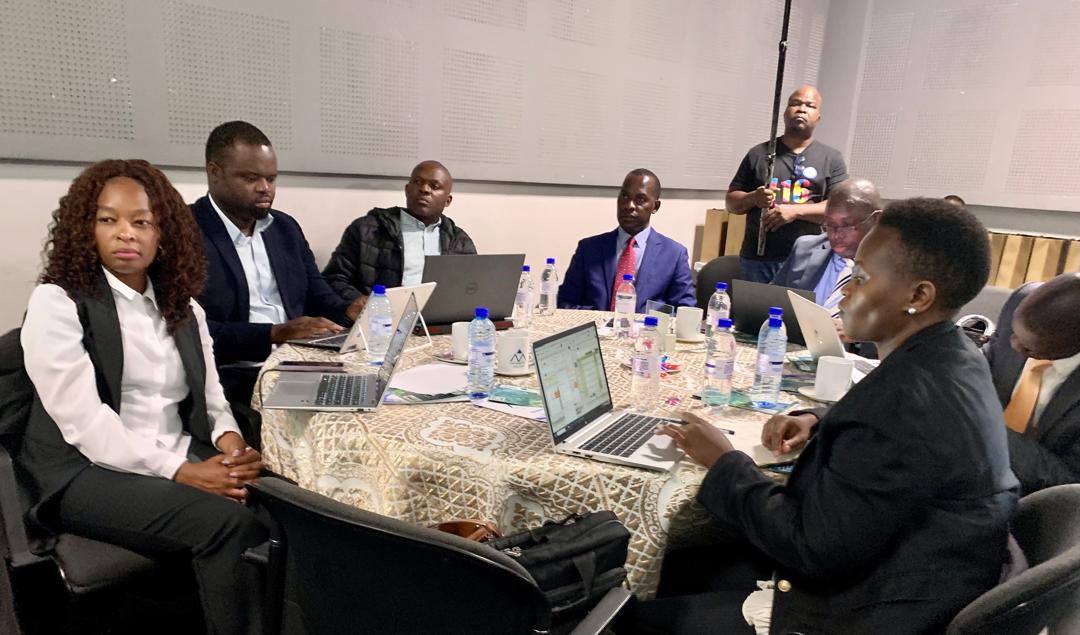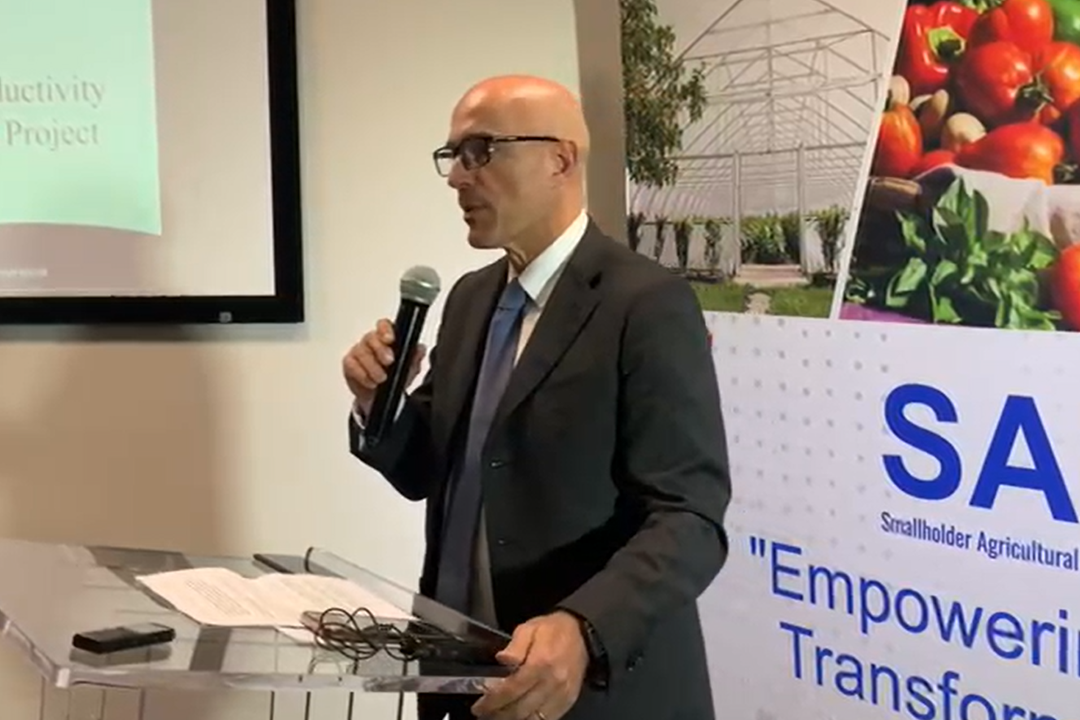By Tlalane Dlamini
MBABANE – In a major leap towards rural economic transformation, the International Fund for Agricultural Development (IFAD) and Government of Eswatini have officially launched the Smallholder Agricultural Productivity Enhancement and Marketing Project (SAPEMP), marking a new era of empowerment for the Kingdom’s small-scale farmers.

Speaking at the launch, IFAD Country Director Francesco Rispoli emphasized the project’s alignment with Eswatini’s 2022–2027 national agricultural priorities.
“This initiative is not just a project; it is part of a broader strategy co-developed with the Government to drive inclusive growth and support smallholder farmers,” said Rispoli. “More than 70% of Eswatini’s population lives in rural areas, and agriculture remains their primary source of food and income. This is where true transformation begins.”
SAPEMP is the sixth collaborative agricultural investment between IFAD and Eswatini since 1983, each one placing rural communities at the heart of national development. Rispoli praised the enduring partnership, particularly the government’s commitment to empowering rural people and elevating agriculture as a tool for economic and social upliftment.

The project aims to enhance agricultural productivity, improve market access for smallholder farmers, and strengthen food security across the country. It also reflects IFAD’s global mandate to reduce rural poverty through sustainable agricultural development.
“The launch of SAPEMP is a testimony to Eswatini’s unwavering focus on rural prosperity. Together, we are planting the seeds of self-reliance, economic opportunity, and dignity for smallholder farmers,” Rispoli stated.

The event, hosted in collaboration with the Ministry of Agriculture and Eswatini Water and Agricultural Development Enterprise (EWADE), drew participation from key ministries, development partners, and institutions who applauded the initiative’s long-term vision.
As the sun rises over Eswatini’s rural heartlands, SAPEMP brings renewed hope—ensuring that agriculture remains not only a tradition but a dynamic engine of prosperity for generations to come.




